
CPSC Tightens Checks: NSF/ANSI 61 & 372 Compliance
CPSC Targets Cross-Border Sellers Like Amazon, Expands Oversight Beyond CEC and DOE Certifications
Random Inspections Begin
Recently, the U.S. Consumer Product Safety Commission (CPSC) conducted random inspections on products sold via Amazon. The agency discoveRED that many e-commerce sellers' products posed serious safety risks—such as lead leaching—which violates 15 U.S.C. §2064. Sellers involved are being asked to sign a Corrective Action Plan (CAP)and recall the affected products.
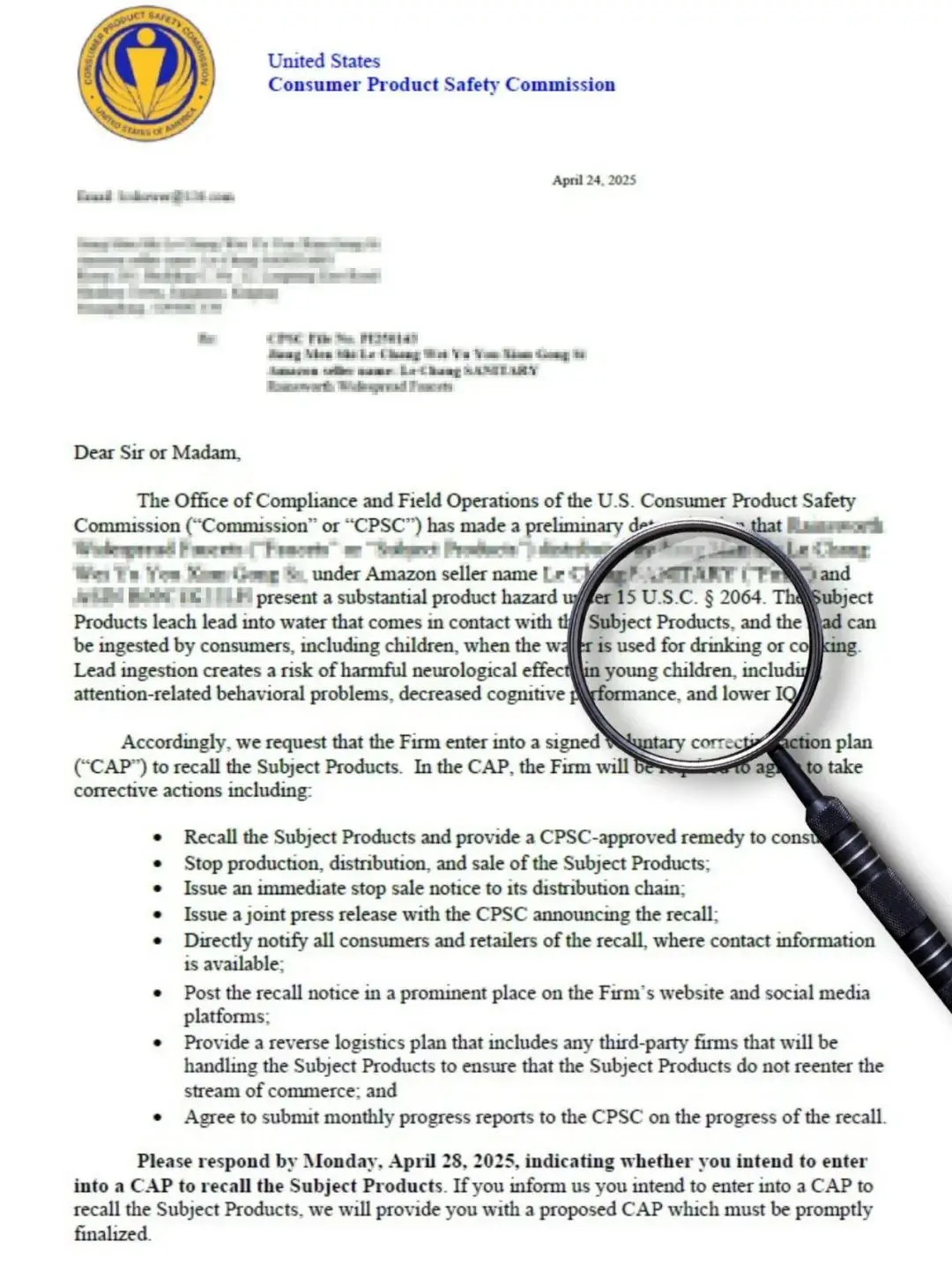
CPSC conducts these inspections through undercover purchasesfrom e-commerce platforms or retailers. The sampled products are then subjected to safety testing to ensure compliance with U.S. regULations.

Penalties and Enforcement Actions
If products fail testing, CPSC may impose the following penalties:
1. Mandatory Recalls
Sellers must delist the products and inform customers to return or seek a refund.
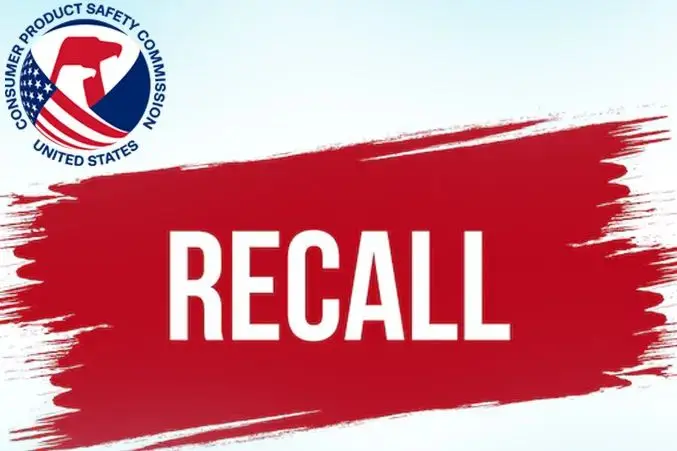
2. Fines
Civil penalties can REACH hundreds of thousands of dollars per violation, depending on severity.
3. Customs Seizures
Non-compliant goods may be seized at ports of entry.
4. Legal Action
Criminal prosecution may be pursued for repeated violations or intentional concealment of risks.
5. Public Warnings
Safety alerts may be issued via the CPSC website or media, potentially damaging a brand’s reputation.
If a company refuses to cooperate with a recall, CPSC will issue public safety warnings urging consumers to stop using and not resell the product. Platforms like Amazon strictly prohibit the sale of recalled or withdrawn products. Violations may lead to suspension or permanent removal of seller accounts.
Recommendations for Sellers
CPSC has increased the frequency of product checks on platforms like Amazon. To minimize risks such as fines or reputational harm, sellers are strongly advised to act immediately:
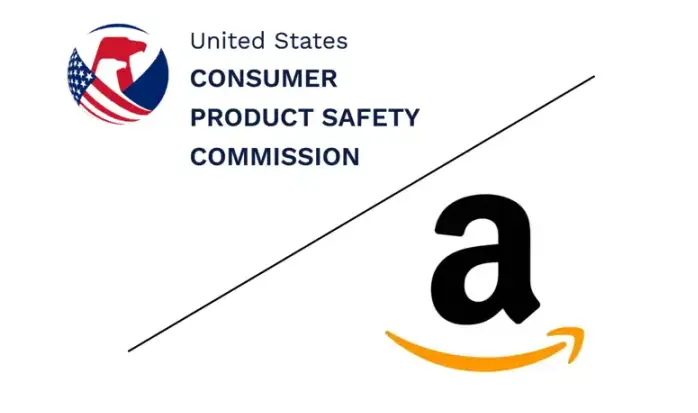
1. Product Compliance Audit
Conduct quality control inspections of manufacturers and suppliers. Review all current listings for compliance.
2. Monitor Regulatory Updates
Regularly check CPSC’s website for recall notices and enforcement news to stay informed.
3. Proactive Remediation
If investigated, work with CPSC on corrective actions (e.g., redesign, warning labels).
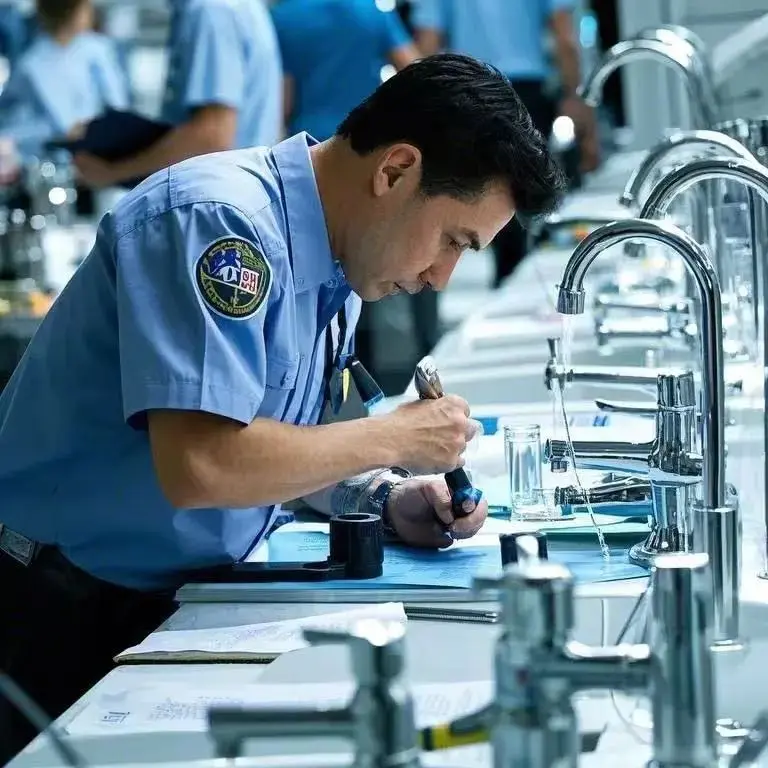
4. Obtain ComplianCE certifications
Products in contact with drinking water must meet key U.S. standards such as:
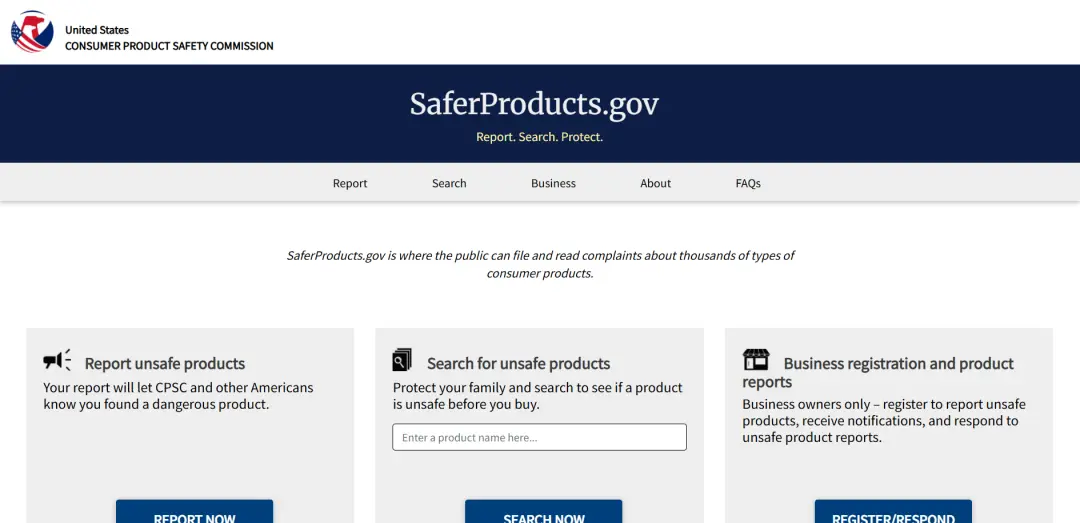
NSF/ANSI 61
NSF/ANSI 372
WaterSense
Commonly affected products include faucets, valves, pipes, fittings, and water heaters.
Email:hello@jjrlab.com
Write your message here and send it to us
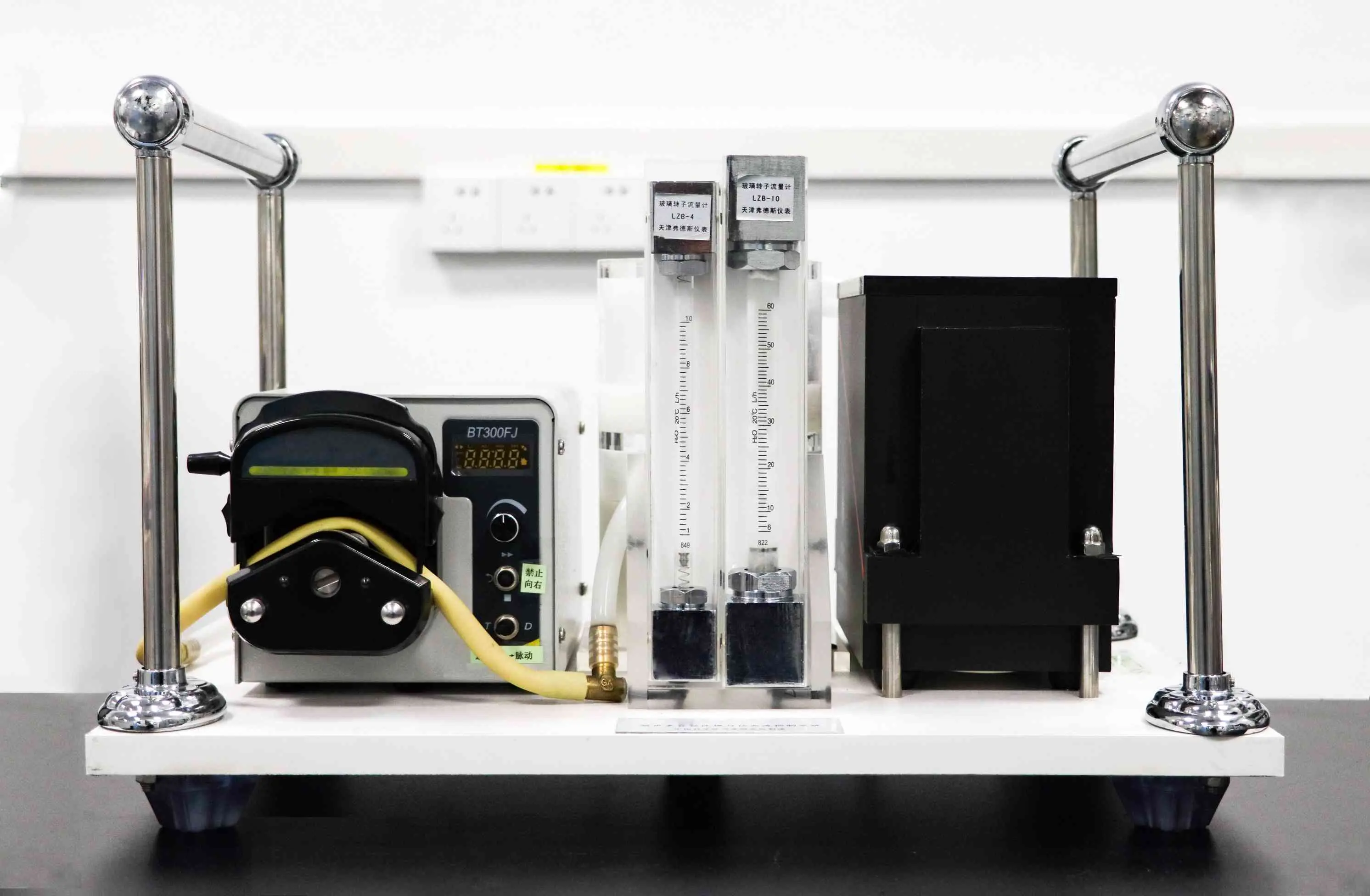 LFGB Food Contact Material Testing for Silicone Ki
LFGB Food Contact Material Testing for Silicone Ki
 Guide to Applying for Australian RCM Certification
Guide to Applying for Australian RCM Certification
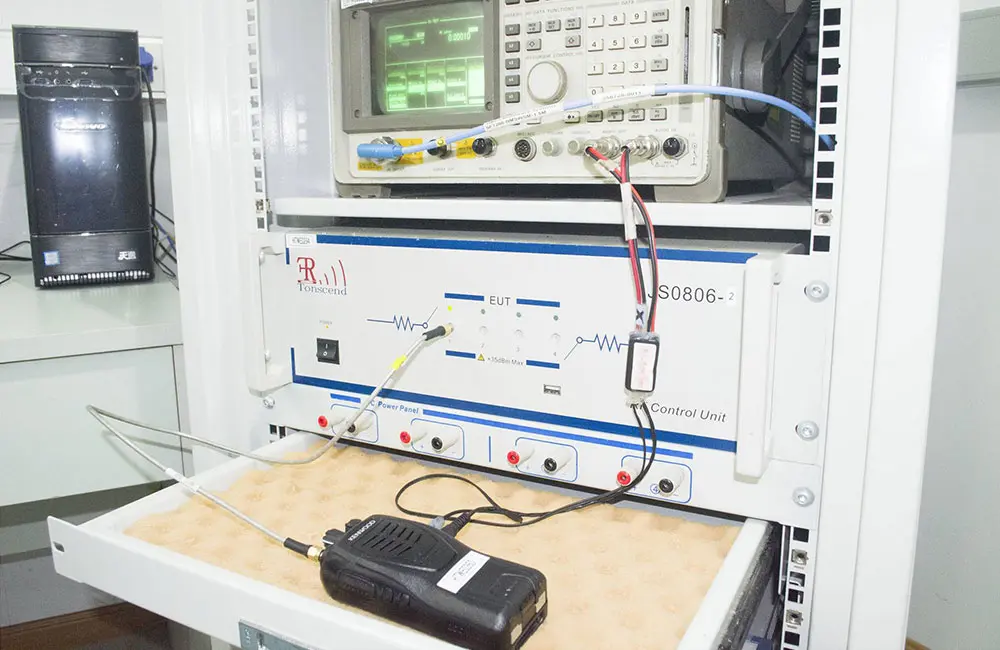 UL 1598 Luminaire Safety Test Items and Procedures
UL 1598 Luminaire Safety Test Items and Procedures
 Introduction to UL 60745-1 Test Items
Introduction to UL 60745-1 Test Items
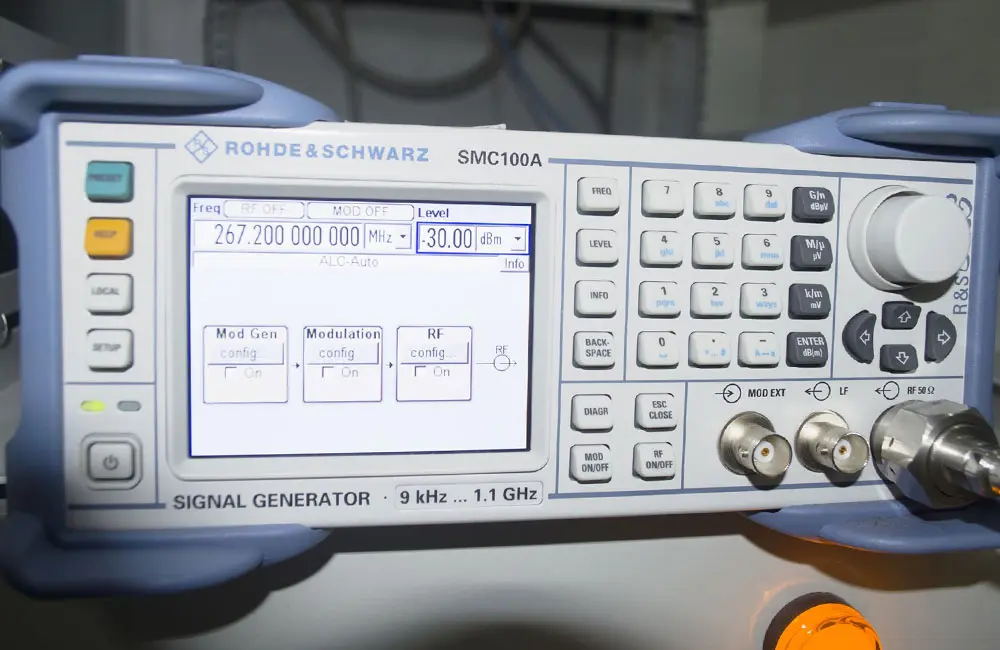 EU GPSR Certification Test Items and Processes
EU GPSR Certification Test Items and Processes
 Introduction to EU RoHS Test Items
Introduction to EU RoHS Test Items
 Introduction to IP68 Testing Standards and Methods
Introduction to IP68 Testing Standards and Methods
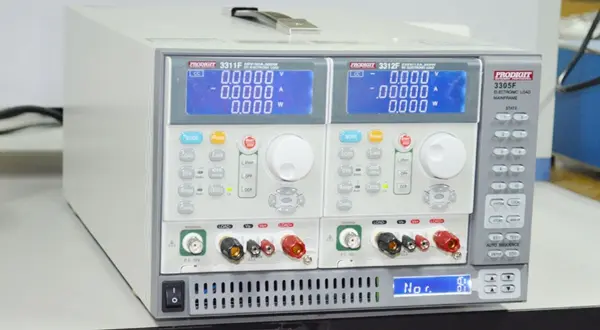 CE-RED Certification Test Process for Wireless Pow
CE-RED Certification Test Process for Wireless Pow
Leave us a message
24-hour online customer service at any time to respond, so that you worry!




